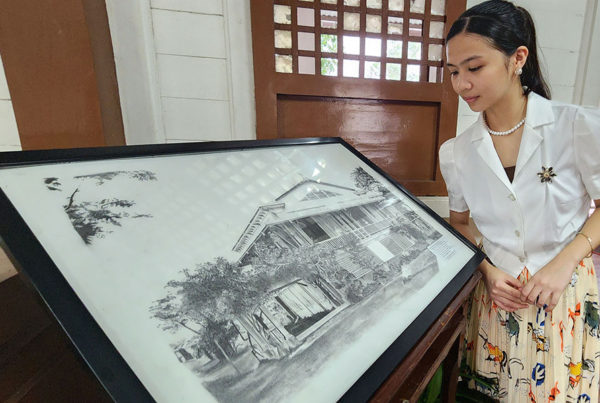PMHA Pangasinan marks 60 years of mental health advocacy and service
THE Philippine Mental Health Association (PMHA) Pangasinan Chapter is celebrating six decades of service this September, marking a milestone in its long-standing mission to promote mental wellness and dismantle stigma across the province.
Founded in 1965, the Pangasinan Chapter has grown from a civic movement into one of the most enduring advocates for mental health in Northern Luzon. This year’s celebration, themed “Celebrating Hope and Progress: Shaping the Future of Mental Wellness,” will feature a mental health symposium, an Araw ng Parangal, and a raffle-for-a-cause on September 17.
“After 60 years, PMHA has made a big development in terms of reach and public awareness,” said Michael Romero, the executive manager of the chapter.
He added, “The number of people seeking help is increasing — not just those already struggling, but those who are now aware and want to understand their mental health better.”
In its early years, the chapter relied on innovative local partnerships — including a five-centavo surcharge on movie tickets approved by the Dagupan City Council — to fund its operations. These efforts led to the purchase of land and the construction of its first building in 1971.
Since then, the chapter has expanded its facilities, most notably with the support of then-Dagupan Mayor Alipio Fernandez Jr., Rep. Gina de Venecia, and Rep. Christopher de Venecia.
Its current two-building complex continues to serve as a hub for psychiatric consultations, psychological evaluations, public education, and outreach.
Romero said the landscape of mental health has changed dramatically in recent years.
“Before, when someone was ‘a bit down,’ it was too early to talk about it. Now, people are more open to discussing anxiety, depression — even dementia. The stigma is still there, but not as heavy,” he noted.
PMHA Pangasinan caters to clients as young as five years old, mostly referred by schools for psychological evaluation, and as old as 70 and above, particularly those showing signs of dementia or Alzheimer’s disease.
Romero said even as they face space limitations and rising demand for mental health services, the group is committed more than ever to their mission “to remove the stigma, raise awareness, and reach more people.” (Eva Visperas)







